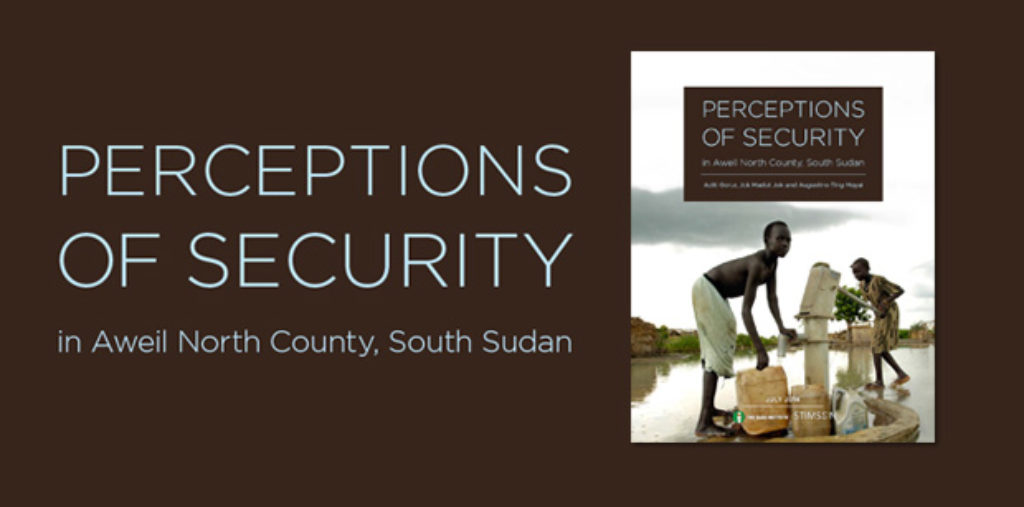View press release here.
The recent crisis in South Sudan highlights the importance of research on how civilians can and should be protected from deliberate violence. In December 2013, fighting broke out across South Sudan between government forces led by President Salva Kiir and opposition forces led by former Vice President Riek Machar. From its inception, the conflict has been characterized by widespread deliberate violence against civilians. At the time this report was published, over one million people had been displaced by the violence in South Sudan and almost four million were in need of humanitarian assistance.
Beginning in 2012, the Stimson Center has partnered with the Sudd Institute in Juba to explore how external protection actors could safely and effectively engage conflictaffected communities in strategies to prevent and respond to the same types of violence being wielded by armed actors in this conflict. Through the partnership, the Stimson Center and the Sudd Institute have developed research methodologies to collect information that is useful to protection actors such as peacekeeping operations.
To test these methodologies, the two organizations undertook a household survey in Aweil North County, Northern Bahr el Ghazal state, which borders Sudan. The results of that survey are analyzed in this report. They include the security priorities and perceptions of the conflict-affected communities in this volatile area. This research could be replicated by others in the same area to further develop strategies to address current threats and monitor whether and how the current crisis may be affecting the area. Depending on risks posed by undertaking research on sensitive human rights issues, similar methodologies could be conducted in other areas of South Sudan, including those most affected by the current conflict.

